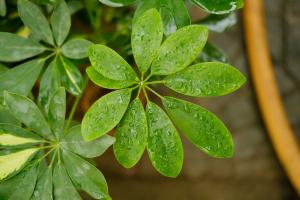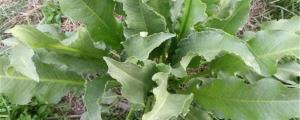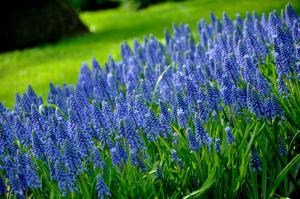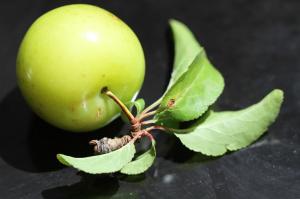What to Feed Young Tomato Plants
Tomato plants are popular among gardeners and can be grown in various settings, including gardens, pots, and greenhouses. To obtain healthy and productive tomato plants, proper care must be given to them, including adequate nutrition. In this article, we will discuss the best fertilizers to feed young tomato plants.
Compost
Compost is an excellent organic fertilizer for young tomato plants. It is made up of organic materials, such as vegetable scraps, grass, and leaves, which give it a wide range of nutrients. Compost can be added to the soil during planting or as a top dressing throughout the growing season. It not only provides nutrients but also strengthens the soil structure and improves water retention.
Nitrogen-Based Fertilizers
Nitrogen is one of the essential nutrients needed for the growth and development of tomato plants. Nitrogen-based fertilizers are recommended for young tomato plants as they promote the growth of the stem and leaves. Some of the most common nitrogen-based fertilizers include blood meal, fish emulsion, and alfalfa meal. These fertilizers are readily available in garden stores and online.
Phosphorus-Based Fertilizer
Phosphorus is another vital nutrient required for the growth and development of tomato plants. It supports root growth, flowering, and fruit development. Therefore, a phosphorus-based fertilizer, such as bone meal, is recommended during the early stages of growth. Bone meal is readily available, and a little goes a long way. It is also an organic and slow-release fertilizer, ensuring that the plant is steadily supplied with phosphorus throughout the growing season.
Calcium-Based Fertilizer
Calcium is essential for the growth and development of tomato plants' cell walls and fruit. It helps prevent blossom end rot, a condition that affects tomatoes' quality, causing them to rot from the bottom. A calcium-based fertilizer, such as lime or gypsum, can be added to the soil before planting or as a top dressing. However, gardeners should take caution when using calcium-based fertilizers as over-application can result in soil alkalinity, leading to nutrient lockout.
Potassium-Based Fertilizer
Potassium plays a significant role in the growth and development of tomato plants. It enhances root development, improves fruit quality, and aids in the plant's resistance to diseases and stress caused by extreme weather conditions. Potassium-based fertilizers contain potassium, which is necessary for young tomato plants' optimal growth. Some of the potassium-based fertilizers include kelp meal and wood ash.
Conclusion
In conclusion, choosing the right fertilizer is essential to ensuring the growth and development of young tomato plants. Organic fertilizers, such as compost, blood meal, fish emulsion, alfalfa meal, bone meal, kelp meal, and wood ash, are ideal for young tomato plants. Inorganic fertilizers can also be used but require careful application and monitoring to avoid over-application, which can lead to nutrient lockout. A combination of different fertilizers can be used to provide a balanced mix of nutrients.

 how many times do yo...
how many times do yo... how many planted tre...
how many planted tre... how many pine trees ...
how many pine trees ... how many pecan trees...
how many pecan trees... how many plants comp...
how many plants comp... how many plants can ...
how many plants can ... how many plants and ...
how many plants and ... how many pepper plan...
how many pepper plan...

































